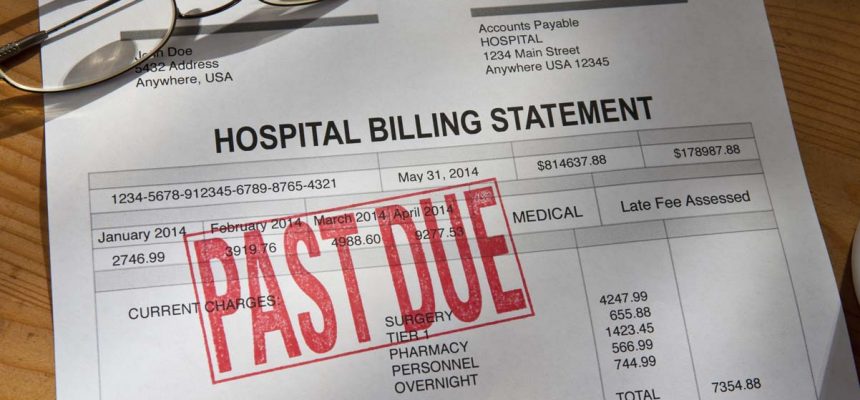States Move to Protect Hospital Patients from Heavy Medical Debt
By Consumers For Quality Care, on February 23, 2022

To curtail consumers from amassing a mound of medical debt, ten states have passed laws requiring financial assistance for low-income patients or limiting aggressive debt collection practices, according to The Wall Street Journal. Other states are currently considering bills to add or bolster consumer protections against predatory medical billing practices.
Hospitals have come under scrutiny for utilizing hostile tactics to collect medical debt or making it harder for certain patients to receive financial assistance for medical treatment. Data disclosed last year by hospitals showed that uninsured patients are being charged more than insured consumers for the same services, and while hospitals contend that financial assistance is available to low-income patients, the process to apply for financial aid can be unclear and daunting.
Nearly one-in-five U.S. households has medical debt, with the share higher among Black and Hispanic householders, with a median amount of $2,000 owed. In addition, an estimated $140 billion in medical debt is in collections, larger than all other types of debt combined, including credit cards and utilities. Health care prices have contributed to these high debt levels.
“No one should be at risk of having their wages attached or a lien put on their home or their credit rating ruined because of medical debt,” said Richard Gottfried, a Democrat who chairs the New York State Assembly’s health committee.
CQC urges lawmakers and regulators to continue to take action against predatory debt collection practices and for hospitals to put patients, not profits, first.




